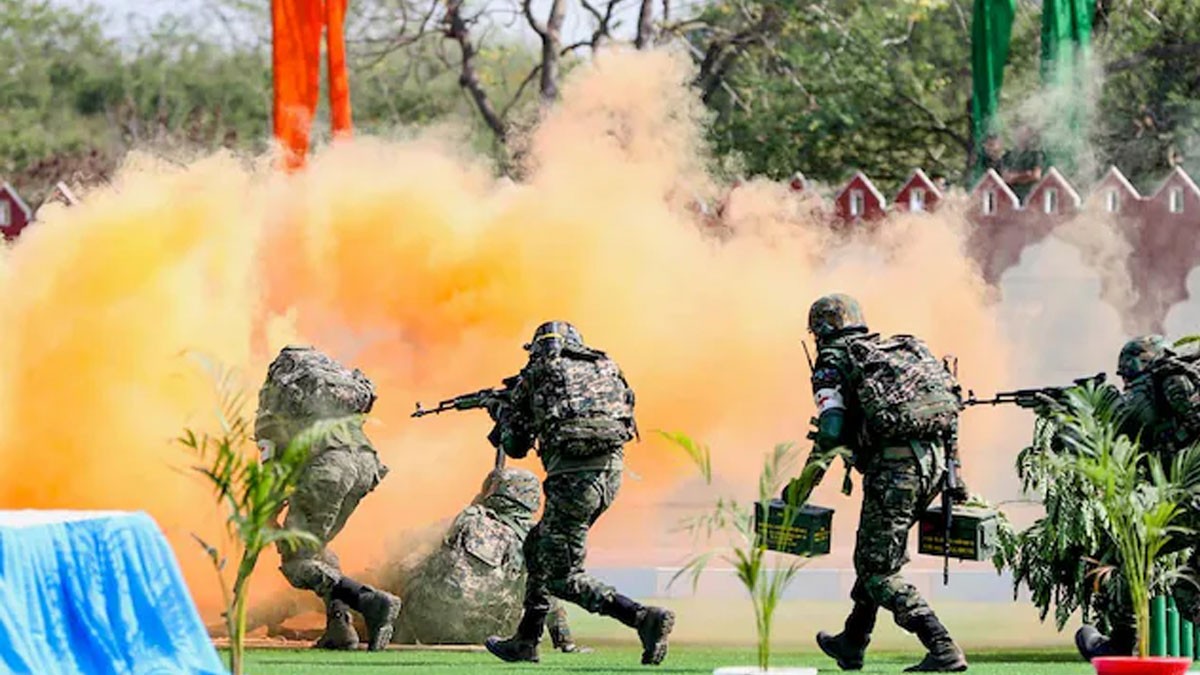
Tensions between India and Pakistan have escalated following the Pahalgam terror attack, prompting a nationwide civil defence mock drill on May 7, 2025. This drill, the largest of its kind since the 1971 war, is designed to prepare civilians for wartime scenarios, including blackouts, air raid sirens, and emergency evacuations. Authorities emphasize that this exercise is precautionary, not a signal of imminent conflict, but it reflects the seriousness of the current situation.
If war were to break out between India and Pakistan, the consequences would be devastating. Both nations possess nuclear capabilities, making any large-scale military engagement a global concern. A war would disrupt economic stability, trade relations, and civilian life, leading to a potential humanitarian crisis. The ripple effects would extend beyond South Asia, impacting geopolitical alliances and security dynamics worldwide.
India has already implemented strategic measures, including the suspension of the Indus Waters Treaty, restrictions on airspace access, and diplomatic pressure to halt financial support to Pakistan from global institutions. In response, Pakistan has conducted missile tests and military drills, further heightening tensions. While both sides remain on high alert, diplomatic efforts are still in play to avoid escalation.
International leaders and organizations are actively monitoring the situation, urging both nations to prioritize dialogue over conflict. The upcoming mock drill is a preparedness exercise, not an indication of war, but it highlights the seriousness of the geopolitical climate. While the risk remains, global intervention and diplomatic negotiations could play a crucial role in preventing an all-out conflict.
